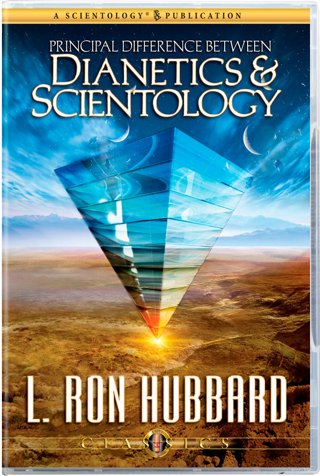Some Known Incorrect Statements About Dianetics
Some Known Incorrect Statements About Dianetics
Blog Article
The 5-Second Trick For Dianetics
Table of ContentsThe Ultimate Guide To DianeticsWhat Does Dianetics Mean?The Greatest Guide To DianeticsA Biased View of Dianetics
I could not ever not want to get anything that comes to mind for you- if it was or else, I would not be sitting here with you, doing this. I not only can never ever have an issue, or otherwise wish to listen to something that comes to mind for you, yet I'm entirely excited to understand every idea, every idea, every picture or feeling that emerges or shows up for you- don't ever before believe otherwise, and if for some reason you do, please simply let me recognize! Sometimes, you may have an idea, and image, concept or case turn up that does not appear to address the concern, or connect to it, yet nonetheless, constantly do inform me regarding it, and as we continue, the significance will certainly emerge for you.This is integral in the basis of processing, and the topic of this discussion: the standard duties of the therapist and the client: The fundamental role of the counselor is, in contrast to "typical training", not to manage, which suggests to impose and/or inhibit, yet to instead work from the basis of EMPOWERING THE CUSTOMER.

Top Guidelines Of Dianetics
John Mcmasters shared this basic truth splendidly well in one of his lectures on Power processing, wherein he discusses exactly how he was asked what this "unique flair" was that he had for giving such great sessions; he needed to consider that for a moment, and identified that it was what he wasn't doing, along with what he was doing: he wasn't assessing, evaluating, computer, or actually, generating any type of ideas, not to mention spoken expressions, after giving the command and while awaiting the computer to finish their answer to their satisfaction; he was, just and just, being existing with the computer, and entirely interested.
The duty of the therapist, showed; that was his "unique knack". I have had my own experience which taught me this well, really early on in the game. In 1982, having recently finished my training and teaching fellowship on New Age Dianetics, I was running this on a COMPUTER, and there was a factor in the session where (being a bit damp behind the ears not yet having several hours under my belt as an expert auditor) the computer appeared to be "taking too lengthy" to share anything vocally after I provided him a command.
This secret became the most useful contribution that John ever made to the topic of treatment or bookkeeping (Dianetics). In my humble viewpoint, it is the best contribution that anybody has ever made to these subjectsthe application is completely non-judgemental, non-evaluative, and lacking any type of recommendation, guidance or opinion.no preconditioned program for people, or 'degrees' that they must do
In Idenics, the only resource of information concerning a customer is the private client. In Scientology we prided ourselves on not reviewing for individuals. All that really implied was that the auditor did not Vocally assess for the PC in session. The registrars and principles officers evaluated for the computer.
Get This Report on Dianetics

Anybody that had ever before seen John audit could not assist yet observe an unique high quality in his bookkeeping."The client's fundamental role is to be there with the function of relocating in the direction of their spiritual goals, and to easily and fully reveal and experience whatever shows up for them in answering the concerns and performing the guidelines in the processing.
This is something to process as required. Yet also, individuals frequently have prior experience over here and/or indoctrination in auditing/processing which, somehow, and to some degrees, in fact misguides them right into perspectives, ideas and behavior patterns that avoid the complete realization of these roles, and so they will have a tendency to hinder the expressing of what comes to mind, as in the examples offered above. * The very first, and probably leading instances of mis-indoctrination bring about much less than completely smooth and reliable sessions, can be located in specific elements of the training routines, or "TR's":"TR's" are commonly a person's very first, or at least early, experience in Scientology, and while I will go on to explain what I view as the problems in idea and method, nevertheless, tend to be considerably restorative, done as they are provided (Hubbard insists that "TR's are not refining, they are educating", but factually, they are both processing AND training)
There is no "flunking", and no denial of the reality of this being processing. The emphasis, as it ought to be, is on experiencing the other person's presence.
Our Dianetics Ideas

Report this page